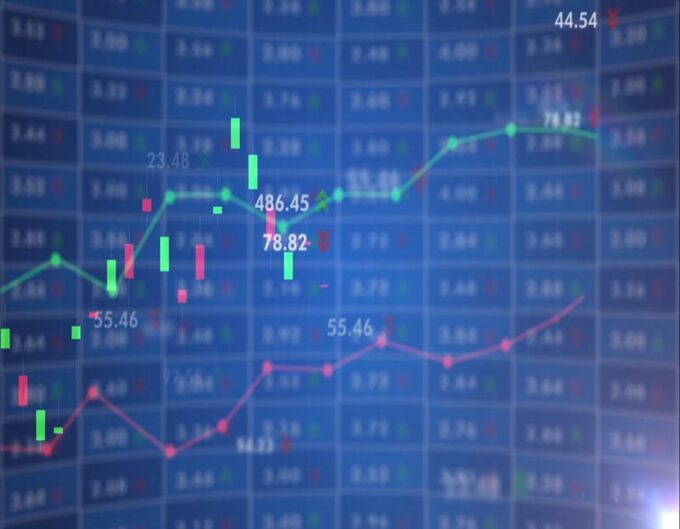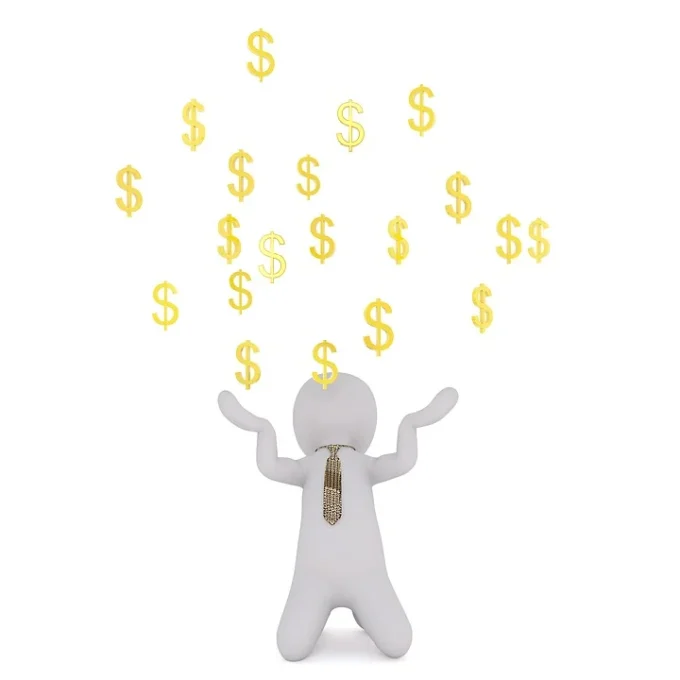Forex trading, just like other financial markets, is typically done via a broker. Brokers are platforms that connect traders to the forex market, making trading more straightforward and accessible. Your choice of a broker is crucial because it determines, to an extent, your success as a trader. When choosing a forex trading app, go for your favorite broker’s app that will give you a unique advantage and access to tools and services to make forex trading more accessible. Although many traders know what to look for in a broker, knowing the signs you should not see in a good broker is crucial knowledge to help you. Here, explore the top 6 red flags you should not ignore in a broker.
The Broker is Unlicensed or Unregulated
The forex market is itself regulated by the appropriate securities and exchange authority in every country. Regulations serve vital purposes: to protect consumers and provide stability in the financial market. All activities and parties involved in forex trading are under the government’s authority. This is why you should not accept or trade with any broker that is not approved by your country’s financial authority, or else you risk facing legal issues with your government. Getting an operating license is tricky as several strict conditions exist. Only reliable brokers typically get through the vetting process. Go for a broker licensed in many countries and reputable government agencies so you can continue trading even when you travel outside your resident country.
The Broker Has a Slow Execution Speed

Speed is a crucial factor in forex trading. From analysis to entering and exiting trades, every trader needs a fast broker that allows them to trade and leverage their speed to stay profitable. There are two aspects of speed, the internet speed, and the broker’s speed. The internet speed is the speed of your internet provider, while the broker speed is the time it takes their servers to respond to internet queries. Even using the fastest internet connection, your trades may be unsuccessful if your broker’s servers are slow. Go for a broker that passes the speed test and has a network test feature for traders. You can always test the speed of your broker on a demo account before going live.
The Broker Has Poor Customer Service
Every trader requires customer support at some point for various reasons. Whether you need help with a feature, deposit, withdrawal, or some clarification, your broker should be there for you always. These days, brokers offer 24/7 customer support in multiple languages. But some brokers are poor in that regard. Customer service goes beyond having an agent to respond; agents should be able to resolve issues quickly and effectively. If your broker cannot resolve issues within a reasonable time, it could be a sign to ditch them and find a better option. Poor or non-existent customer service may also indicate a suspicious broker. If you register with an unlicensed broker, you may soon find that there is no way to reach them, whether by phone, live chat, or email.
The Broker App is Unavailable in Multiple Languages
Another essential feature to consider is broker services in multiple languages. Although English is a popular language, many people prefer their native languages when trading with a broker. Find a broker that offers multiple languages, as well as translation options. Most brokers have country-domain services that allow traders to enjoy fluent language translations from anywhere in the world. This is especially useful to traders that live the travel-trade lifestyle. If your broker has only one language, it may mean that they are not global and unlicensed in other countries; a bad sign for traders.
The Broker Has Poor Trading Conditions

Trading conditions refer to the terms that a broker applies to the selling and buying instruments on its platform. The main trading conditions are spreads, lot sizes, margins (stops and calls), and overnight or weekend fees. If a broker offers poor trading conditions, such as wide spreads, high trading fees, and low lot size limits, you might find it difficult to become profitable. Go for a broker with low spreads, little or no overnight fees, and the right margin call and margin stops. If you prefer, for religious reasons, ensure you go for a broker that offers swap-free accounts, as they provide the best trading conditions that agree with your spiritual inclinations.
The Broker Offers Few Cashier Options And Few Instruments

Your broker’s financial or cashier services are essential because it determines how you deposit and receive your funds. Suppose your broker offers only one method of deposit and withdrawal, especially when it is unavailable in your country. In that case, you should abandon the services and move to a broker with better offers. Due to economic and political conditions, specific deposit platforms may be unavailable in some regions. Therefore, brokers must reach the underserved areas with good local payment platforms so forex traders can access the market globally. Do not limit yourself to a broker that does not offer these. Finally, it would help if you did not trust a broker that provides only a few trading instruments. Most brokers offer over 70 forex instruments for trading. If your broker provides far less without genuine reasons, you should not trust them to deliver.
Choosing a Good Broker
Choosing a good broker may be tricky; most new traders tend to check online reviews and ask for recommendations. When starting to trade forex, you should look for a broker with a high trust rating. You can also check the quality of their services by using their proprietary trading software and testing the demo trading feature.









